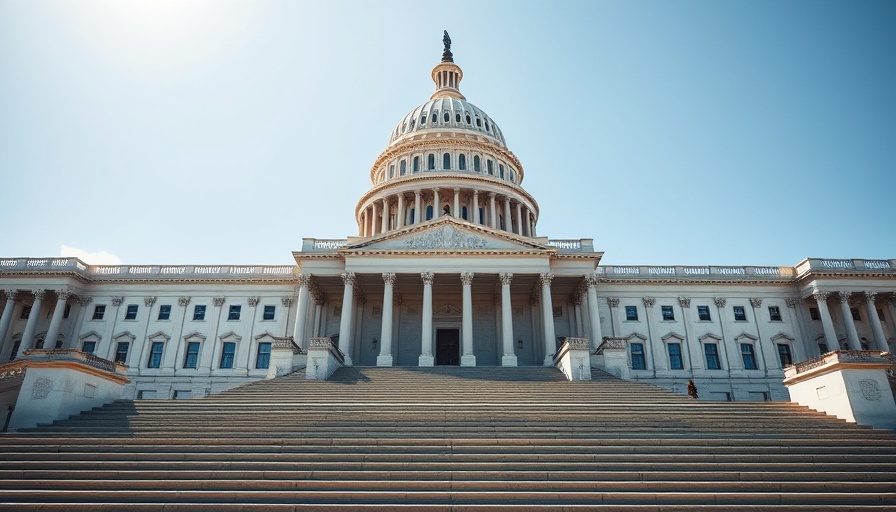
Criticism Grows Over Proposed Medicare Pay Cuts
The ongoing debate regarding proposed Medicare pay cuts for physicians has ignited considerable backlash from healthcare providers, as lawmakers move forward with plans that will further diminish reimbursement rates. Under a continuing resolution recently introduced by House Republicans, a 2.8% cut to the Medicare payment rate for physicians remains in place, prompting concerns about how this will affect access to quality healthcare across the country.
Impact on Physicians and Patient Care
The repercussions of these cuts extend far beyond the financial realm; they threaten the very fabric of patient care. As reported by physician advocates, the cumulative effect of consistent falls in reimbursement—33% less since 2001 when adjusted for inflation—has strained small practices and left many unable to provide adequate services. Doctors argue that such cuts undermine their ability to maintain high-quality care while managing rising practice costs, which have surged by an average of 3.5% this year alone.
The Struggle for Healthcare Access in Rural Communities
With rural communities already facing challenges in accessing healthcare, the proposed pay cuts could exacerbate the situation significantly. According to research from the National Association of Community Health Centers, approximately 100 million Americans currently lack access to primary care, with rural areas particularly affected. The likelihood of further closures of local practices due to unsustainable operational costs poses a serious risk to those already deprived of necessary medical services.
The Ethical Imperative of Medicare Reform
As lawmakers deliberate funding legislation, the ethical obligation to protect access to care becomes evident. Physician advocates, such as those from the American Medical Association (AMA), argue that the current spending proposal reflects a lack of prioritization for Medicare funding. In statements echoing the sentiments of many providers, AMA President Bruce Scott emphasized that lawmakers must provide solutions to protect Medicare as a vital lifeline for seniors and underserved communities.
Future Outlook and Legislative Actions
Looking ahead, Congress faces a crucial deadline to approve a comprehensive spending package by March 14, which raises hope that negotiations might address the dire financial implications for healthcare providers. Recent bipartisan efforts aimed at counteracting the pay cuts by proposing a 2% payment update have provided a glimmer of hope, but the political landscape remains fraught with tension over spending priorities. Without legislative support, physicians worry that the downward trend in Medicare reimbursement will continue, further endangering patient access to care.
 Add Row
Add Row  Add
Add 




 Add Row
Add Row  Add
Add 



Write A Comment